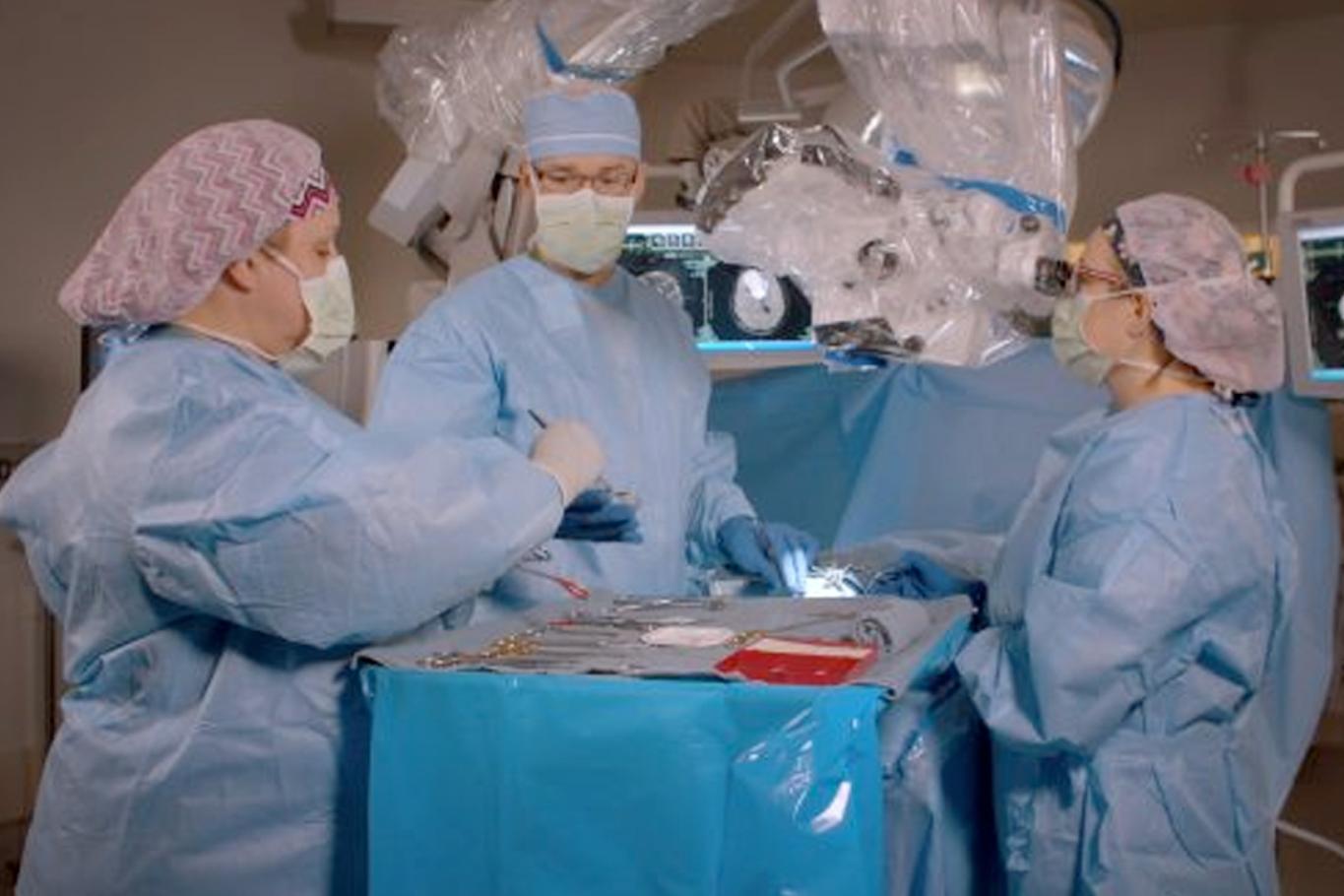What Can I Expect During and After Brain Surgery?
Brain surgery is a complex and delicate procedure that requires extensive preparation, careful execution, and comprehensive post-operative care. Understanding the process and potential outcomes is crucial for patients and their families to make informed decisions and navigate the journey successfully.

Pre-Surgery Preparation
Consultations And Assessments:
- Patients undergo thorough consultations with a neurosurgeon and other specialists to evaluate their condition and determine the best course of action.
- Medical tests, including imaging studies such as MRI and CT scans, are conducted to gather detailed information about the brain and the specific area to be operated on.
Medications And Lifestyle Adjustments:
- Patients may be prescribed medications to manage conditions like seizures or blood pressure, and lifestyle adjustments may be recommended to optimize overall health.
- Emotional and psychological preparation is also essential, as brain surgery can be a physically and emotionally demanding experience.
During Brain Surgery
Anesthesia And Intubation:
- General anesthesia is typically used to keep the patient unconscious during the surgery.
- An endotracheal tube is inserted to assist with breathing.
Positioning And Monitoring:
- The patient's head is positioned and secured to ensure stability and access to the surgical site.
- Various monitoring devices are used to track vital signs, brain activity, and other parameters throughout the procedure.
Surgical Techniques And Procedures:
- The neurosurgeon makes an incision in the scalp and carefully removes a portion of the skull to access the brain.
- Depending on the specific condition being treated, various surgical techniques may be employed, such as tumor removal, lesion resection, or aneurysm repair.
Duration Of Surgery:
- The length of the surgery varies depending on the complexity of the procedure and the individual patient's condition.
- Brain surgeries can range from a few hours to several hours or even longer in some cases.
Immediate Post-Surgery Care
Recovery Room Monitoring:
- After surgery, patients are closely monitored in the recovery room for any immediate complications.
- Vital signs, neurological function, and pain levels are assessed regularly.
Pain Management And Medications:
- Pain medication is administered to manage discomfort and promote healing.
- Other medications may be prescribed to prevent or treat potential complications.
Neurological Assessments:
- Neurological assessments are conducted to evaluate the patient's cognitive function, motor skills, and sensory perception.
- These assessments help identify any deficits or complications that may require additional intervention.
Potential Complications And Interventions:
- Bleeding, infection, and seizures are potential complications that may arise after brain surgery.
- Prompt intervention and treatment are essential to minimize the impact of these complications.
Long-Term Recovery
Rehabilitation And Physical Therapy:
- Depending on the extent of the surgery and the patient's condition, rehabilitation and physical therapy may be necessary to regain strength, mobility, and function.
- This process can be gradual and may take weeks or months.
Cognitive And Emotional Recovery:
- Brain surgery can sometimes affect cognitive abilities, such as memory, attention, and problem-solving.
- Emotional recovery is also important, as patients may experience anxiety, depression, or post-traumatic stress disorder (PTSD).
Speech And Language Therapy:
- In cases where brain surgery affects speech or language function, speech and language therapy may be recommended to help patients regain their communication skills.
Lifestyle Adjustments And Support:
- Patients may need to make lifestyle adjustments, such as modifying their diet, quitting smoking, and managing stress, to promote healing and prevent complications.
- Support from family, friends, and healthcare professionals is crucial during the recovery process.
Potential Risks And Complications
Bleeding, Infection, And Seizures:
- Bleeding, infection, and seizures are among the most common complications associated with brain surgery.
- These risks vary depending on the type of surgery and the patient's overall health.
Nerve Damage And Paralysis:
- Nerve damage and paralysis can occur if the surgery affects nerves or nerve pathways in the brain.
- The extent of nerve damage and paralysis can vary and may be permanent in some cases.
Cognitive Impairment And Memory Loss:
- Brain surgery can sometimes lead to cognitive impairment, including memory loss, difficulty concentrating, and impaired decision-making.
- The severity and duration of cognitive impairment depend on the location and extent of the surgery.
Communication Difficulties:
- Brain surgery may affect speech and language function, leading to communication difficulties.
- Speech therapy and other interventions may be necessary to address these issues.
Managing Expectations And Seeking Support:
- It's important for patients and families to manage their expectations and understand that recovery from brain surgery can be a lengthy and challenging process.
- Seeking support from healthcare professionals, support groups, and loved ones can be invaluable during this journey.
Brain surgery is a complex and delicate procedure that requires careful planning, execution, and post-operative care. Understanding the process, potential outcomes, and potential risks is crucial for patients and families to make informed decisions and navigate the journey successfully. Individualized care and recovery plans are essential, and patients should feel comfortable discussing their concerns and expectations with their healthcare team. With comprehensive support and a commitment to recovery, patients can strive for the best possible outcomes after brain surgery.
YesNo

Leave a Reply